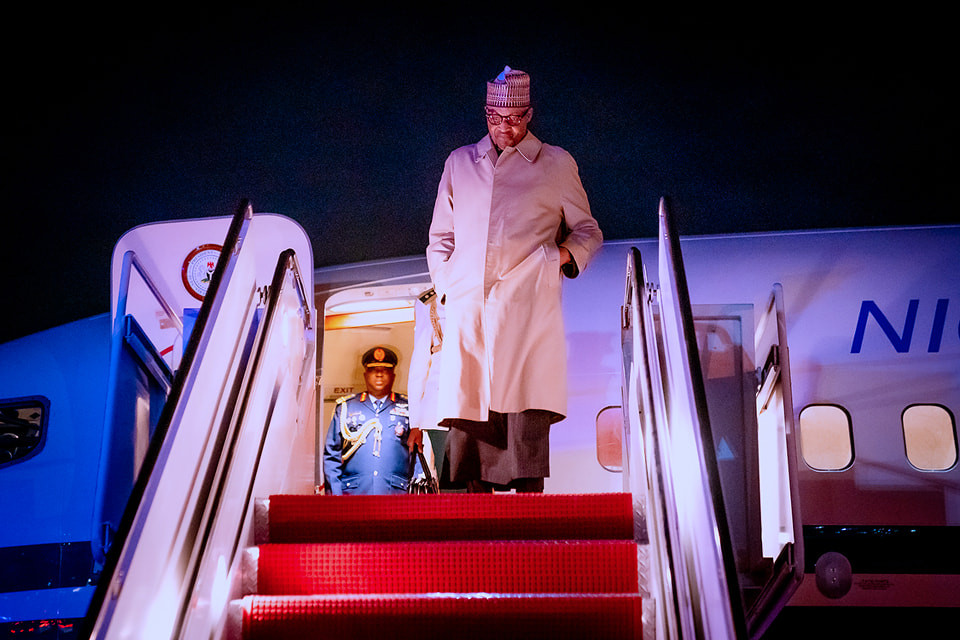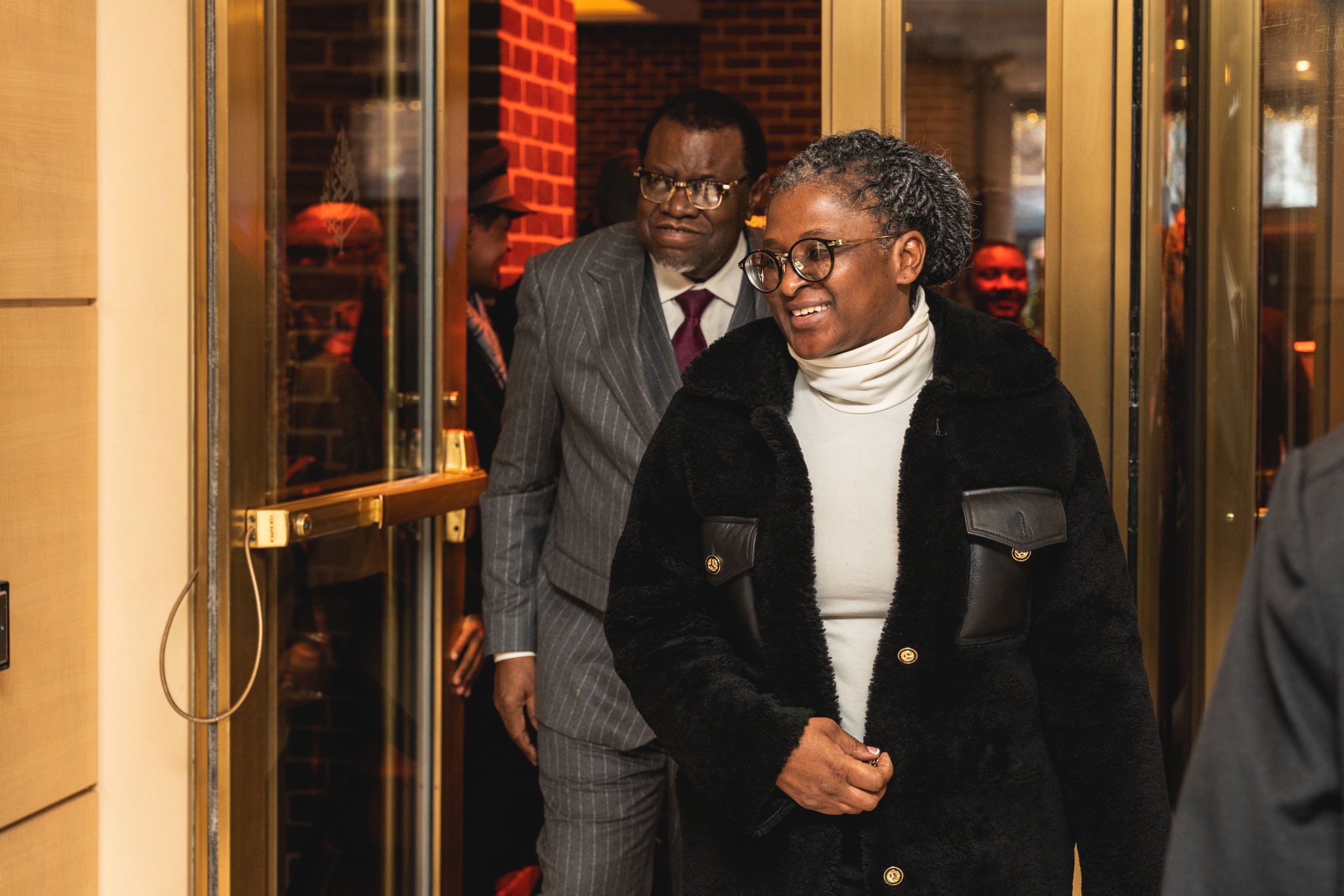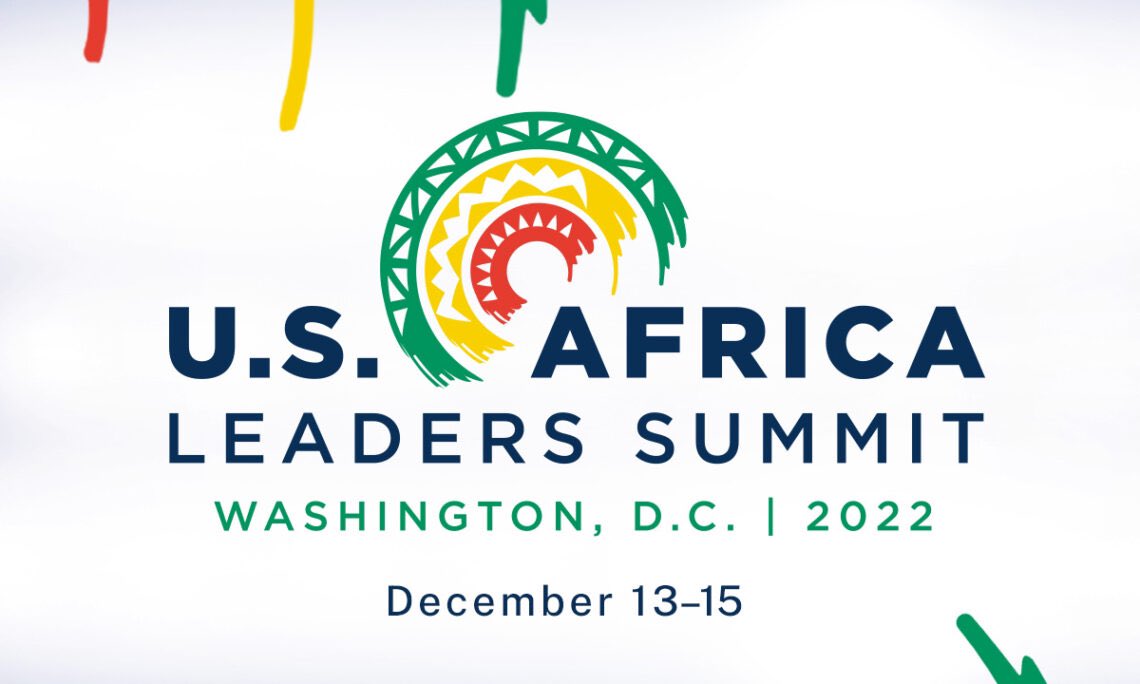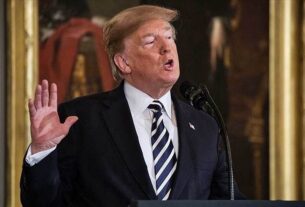Wed 14 December 2022:
The United States aims to boost cooperation with African nations as President Joe Biden hosts dozens of regional leaders at the second US-Africa Leaders Summit this week in Washington, DC.
Beginning on Tuesday, the three-day summit will focus on key challenges, including the climate crisis, good governance, food security and global health, as well as bolstering US-Africa trade and investment opportunities.
“The summit … is rooted in the recognition that Africa is a key geopolitical player. The continent will shape the future not just of the African people, but also the world,” US National Security Adviser Jake Sullivan told reporters on Monday afternoon.
Forty-nine African heads of state and leaders, as well as the African Union, were invited to the summit, Sullivan said during a news conference.
President Buhari arrives Washington DC ahead of US-Africa Leader’s summit
The talks – a follow-up to the first such gathering hosted by former US President Barack Obama eight years ago – mark the biggest international gathering in Washington, DC, since before the start of the COVID-19 pandemic.
Biden has sought to rebuild Washington’s relationship with other countries, as well as to re-engage with global organisations like the United Nations, after four years of his predecessor Donald Trump’s “America First” approach to foreign policy.
“Working closely with Congress, the US will commit $55bn to Africa over the course of the next three years,” Sullivan said on Monday.
President Lazarus Chakwera has arrived in the United States of America ahead of the US-Africa Leaders’ Summit.
China, Russia competition
The summit comes as China, which the US views as its main global competitor, has consistently outpaced Washington in its investments in Africa. Russia is also trying to rally support on the continent in response to pressure from the US and its allies over the war in Ukraine.
However, in the lead-up to this week’s meetings, top Biden administration officials played down their growing concerns about China and Russia. Instead, they have stressed the importance of including African nations in global discussions.
“We need more African voices in international conversations that concern the global economy, democracy and governance, climate change, health, and security,” White House Adviser Judd Devermont said on December 9.
In August, the Biden administration released a new strategy document for sub-Saharan Africa, stressing the region’s importance and promising to extend defence cooperation with like-minded nations.
The region needs billions of dollars a year for roads, railways, dams and power, and in the last decade, it has received huge sums from China, which generally does not tie money to political or rights-related conditions.
As part of this week’s summit, Biden will deliver a keynote address to the US-Africa Business Forum on Wednesday, before hosting a dinner for the world leaders assembled in the United States capital.
The US president is expected to back a permanent spot for the African Union in the Group of 20, a forum for major economies, during the summit. Sullivan said Biden also would express a commitment to UN Security Council reform, “including support for a permanent member” from Africa.
“It’s past time for Africa to have permanent seats at the table in international organisations and initiatives,” Sullivan told reporters.
On Thursday, Biden and the other heads of state and leaders will hold talks on promoting food security, after months of supply concerns and disruptions linked to the war in Ukraine. He will also discuss the 2023 elections in Africa and democracy with a small group of leaders, Sullivan said.
“The opportunity costs of the invasion have been very high in Africa,” Stremlau said.
‘Great opportunities, some risks’
Meanwhile, local officials in Washington, DC, are warning residents to brace for roadblocks and intensified security as the dozens of invited leaders move around the city for the talks.
The US has invited all African Union members in good standing, meaning Burkina Faso, Guinea, Mali and Sudan will not be represented. Attendees must also have full relations with Washington, which excludes Eritrea.
One of the most closely watched leaders expected in Washington will be Ethiopian Prime Minister Abiy Ahmed, a one-time US ally whom the Biden administration has accused of backing widespread abuses in the Tigray conflict. A breakthrough deal last month led to a cessation of hostilities.
The foreign minister of Zimbabwe, under US sanctions, is also expected to attend.
Analysts say that African leaders will be looking for Biden to make some major commitments during the talks, including announcing his first presidential visit to sub-Saharan Africa, as well as efforts to bolster the continent’s economy through private sector investment and trade.
Mvemba Phezo Dizolele, director of the Africa programme at the Center for Strategic and International Studies, said the US was entering the summit with a “trust deficit” due to the long wait since the last edition in 2014.
“The summit presents great opportunities, but it also poses some risks,” he said.
“This is an opportunity to show Africa that the US really wants to listen to them,” he added. “But now that we have high expectations, the question will be: What will be different now?”
___________________________________________________________________________________________________________________________________
FOLLOW INDEPENDENT PRESS:
TWITTER (CLICK HERE)
https://twitter.com/IpIndependent
FACEBOOK (CLICK HERE)
https://web.facebook.com/ipindependent
Think your friends would be interested? Share this story!









